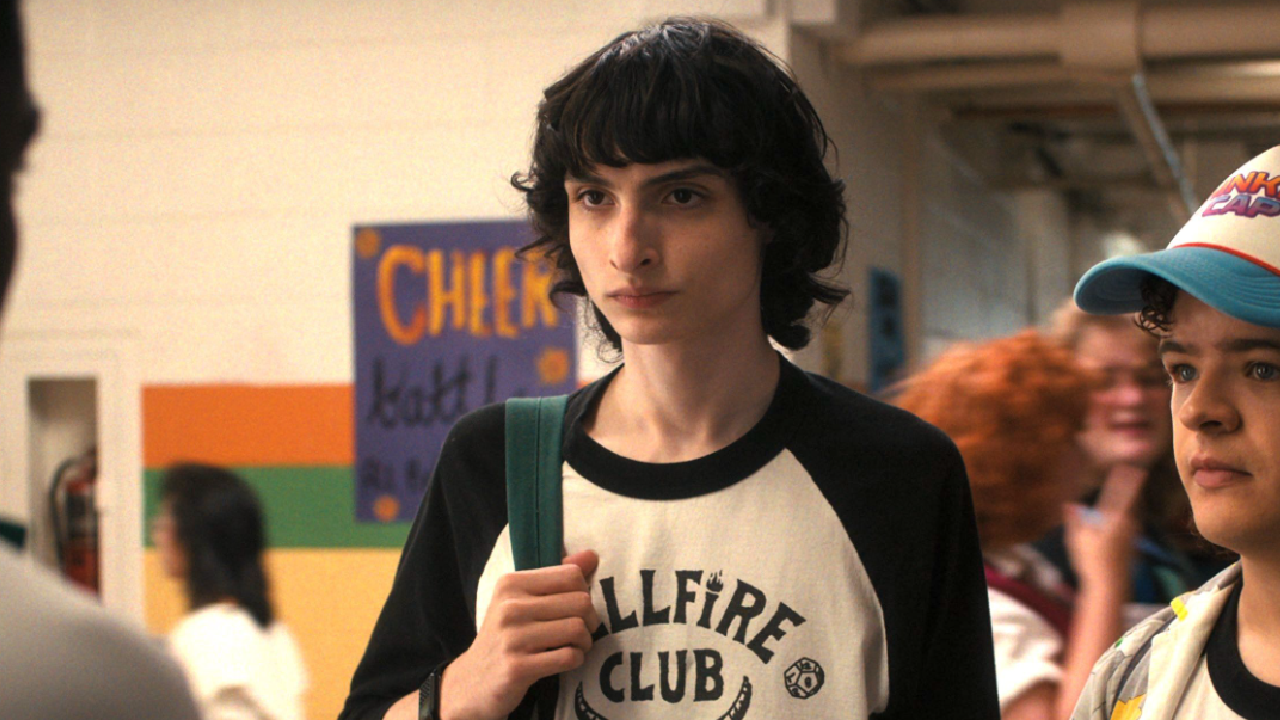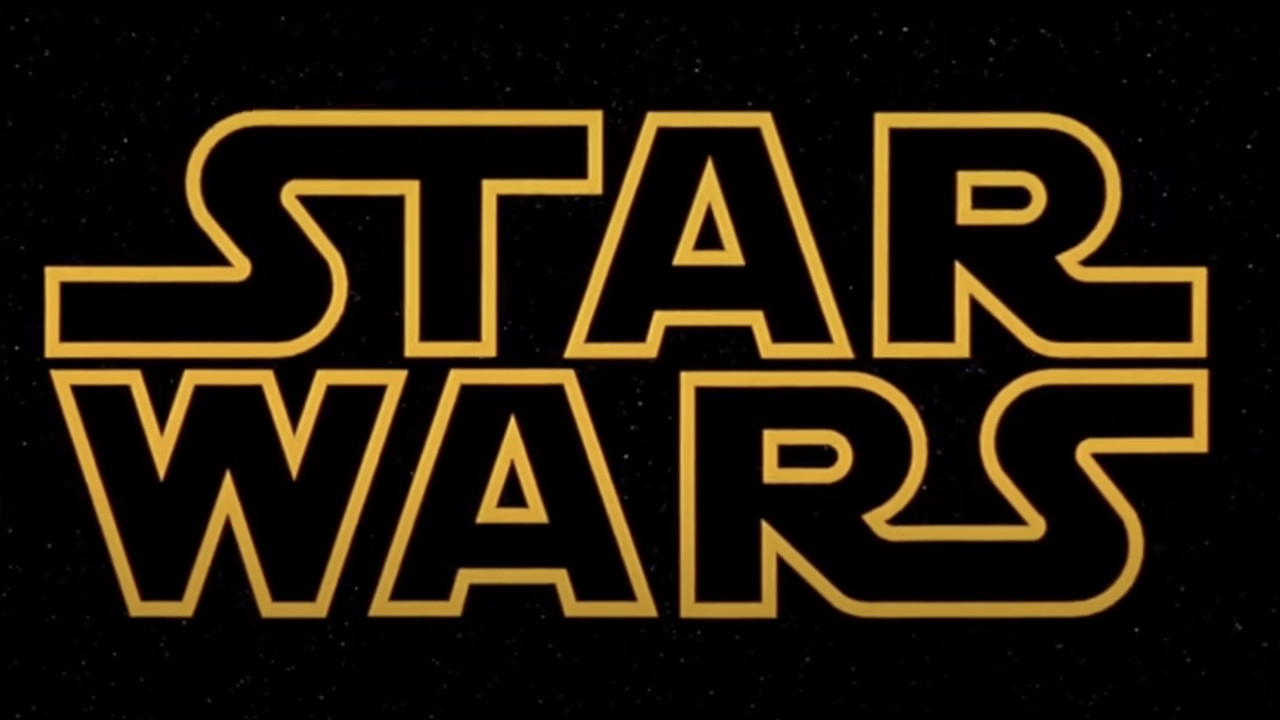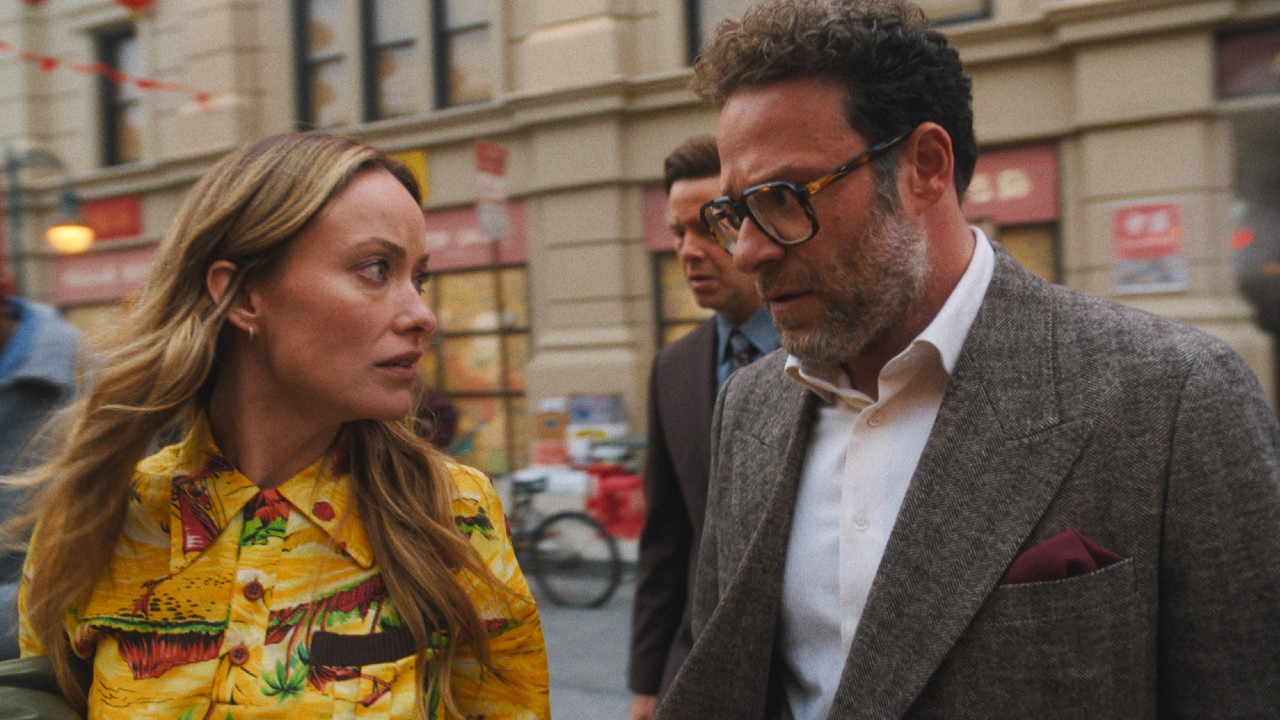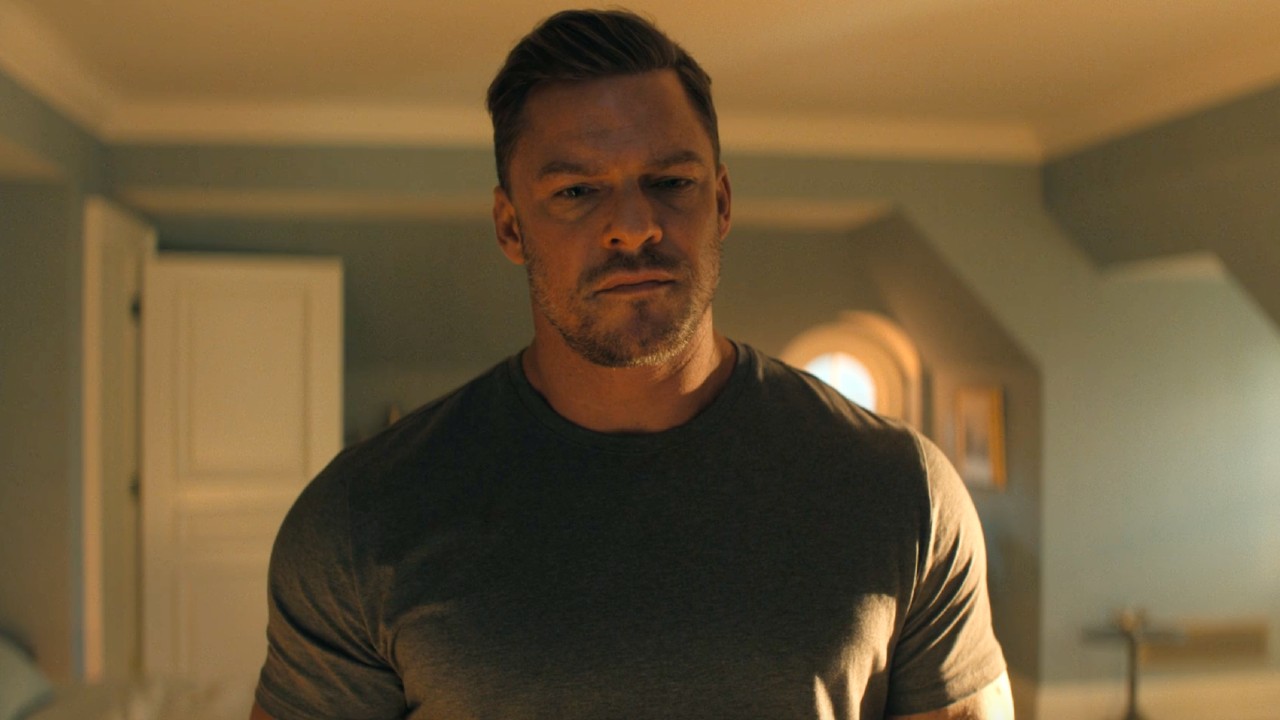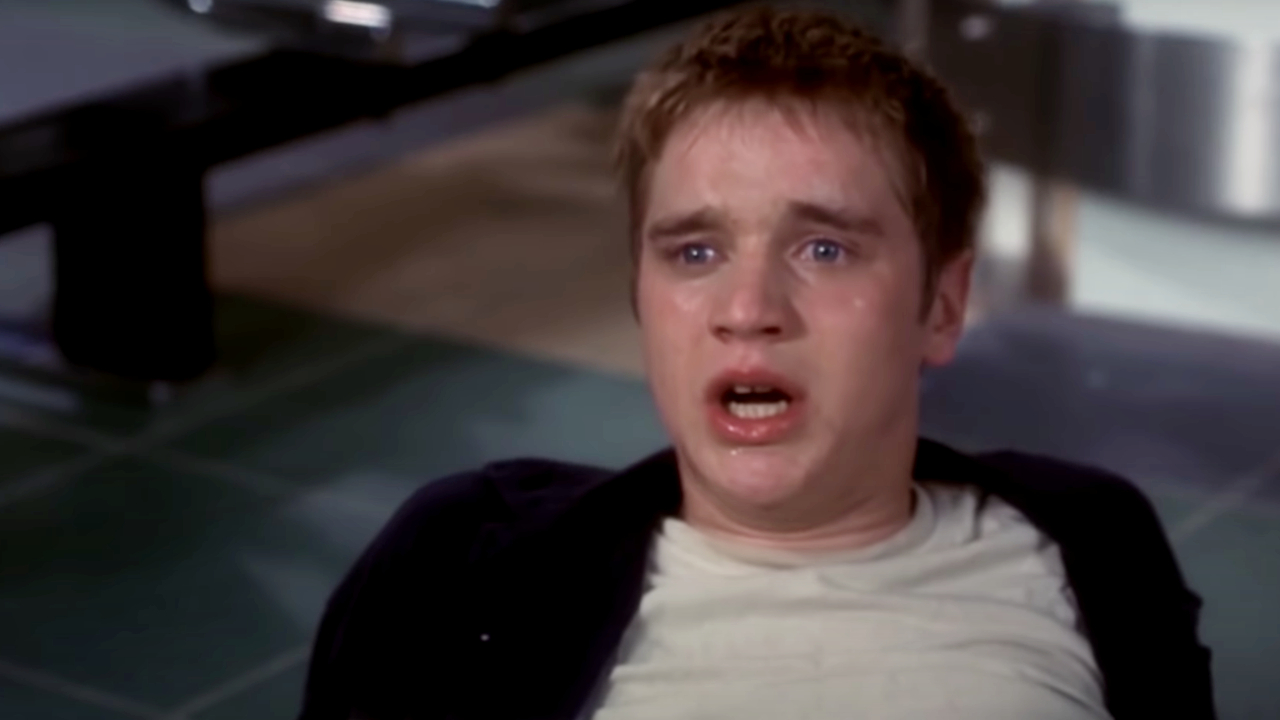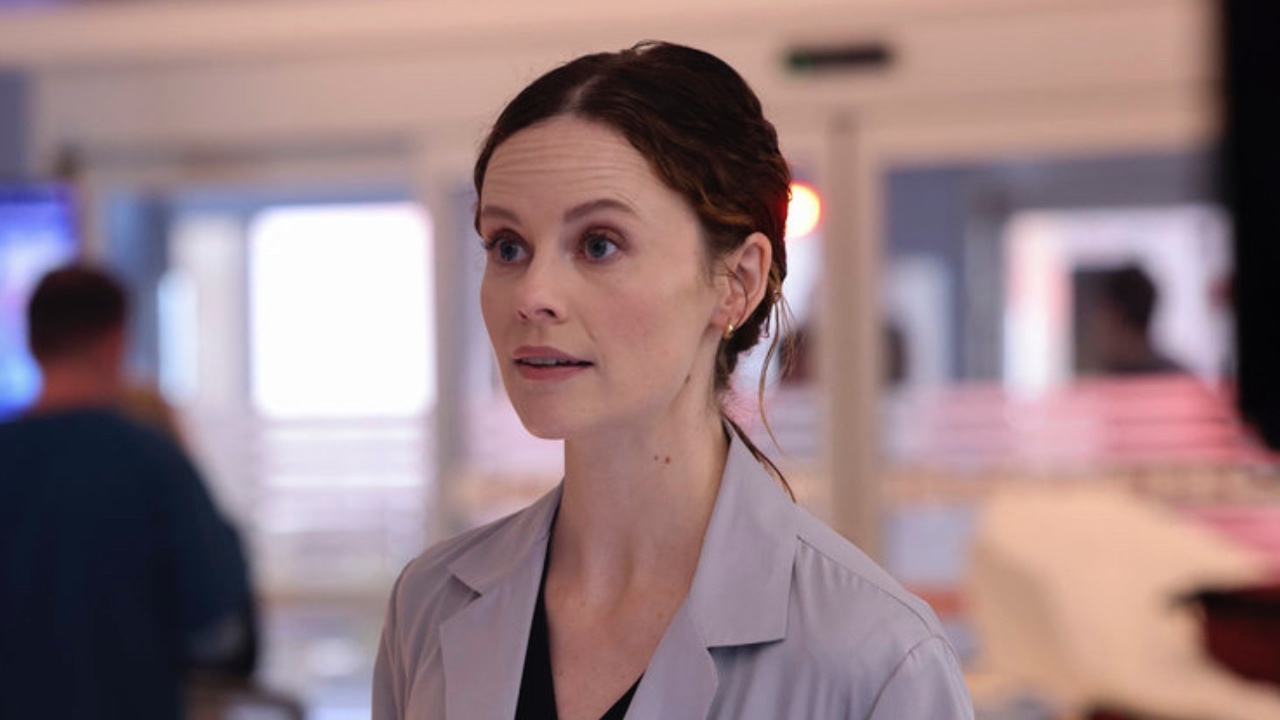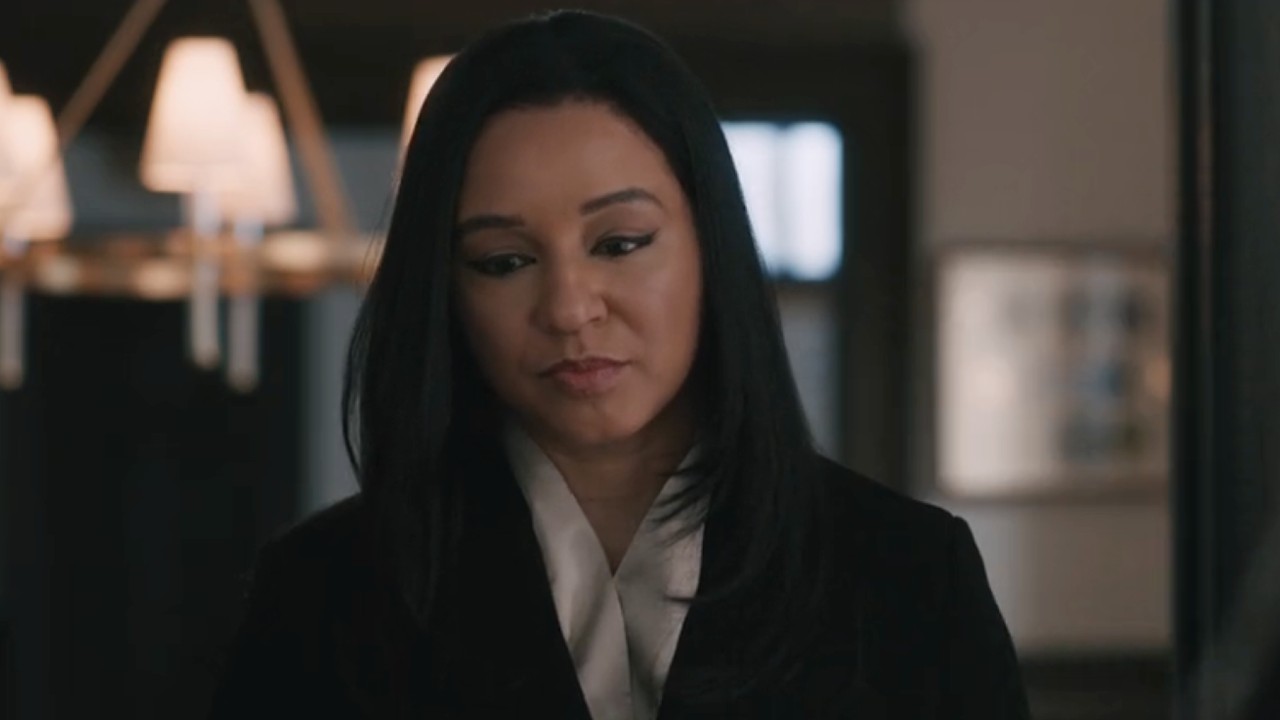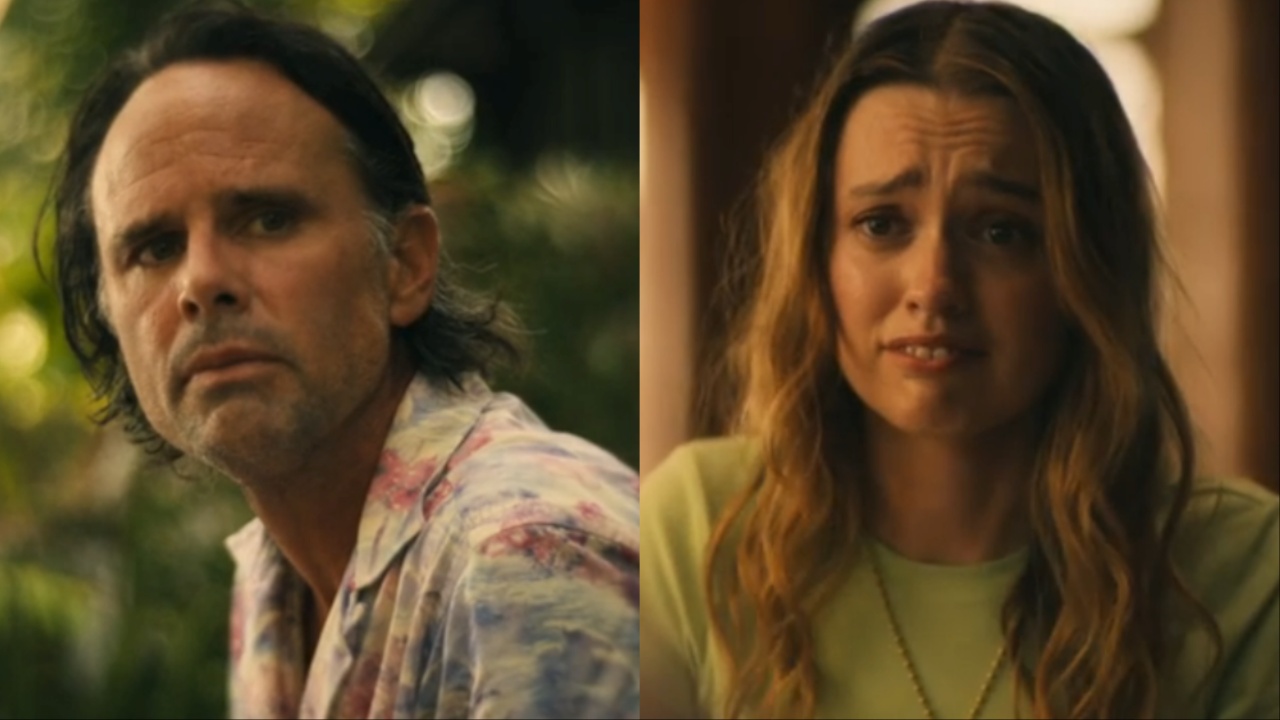Did The Arrow-verse Kill Off Oliver Queen Way Too Early In Crisis On Infinite Earths?
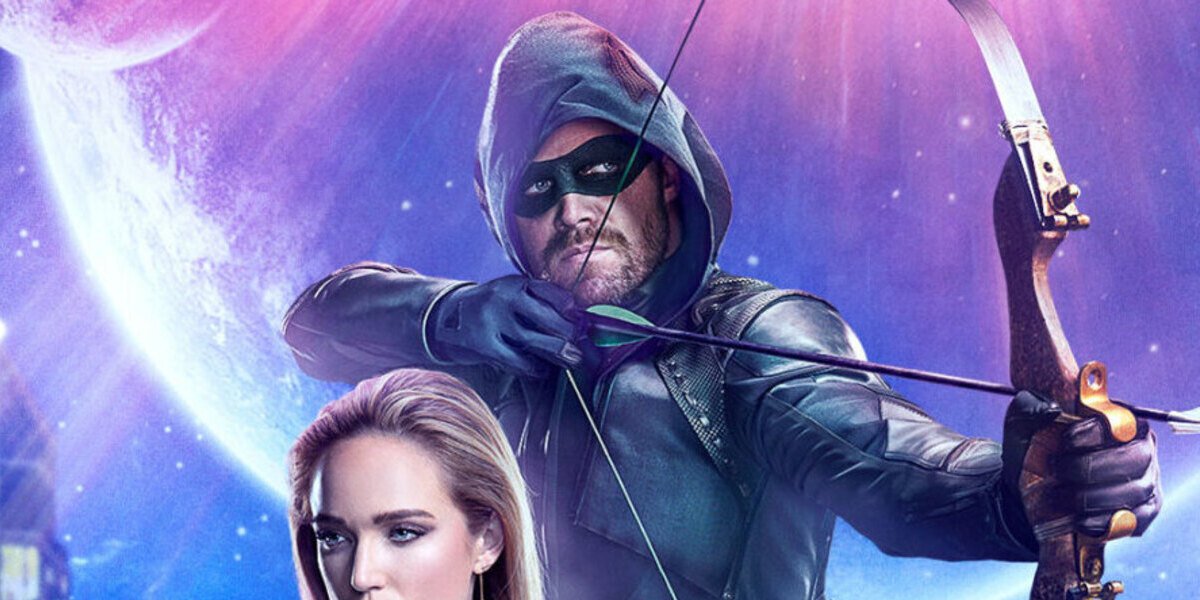
Major spoilers ahead for the full five-part "Crisis on Infinite Earths" crossover between Arrow, The Flash, Legends of Tomorrow, Supergirl, and Batwoman.
The long-awaited "Crisis on Infinite Earths" crossover between all five series of the Arrow-verse (with some bonus Black Lightning) has come to an end, having delivered everything from the DECU's Ezra Miller as the Flash to another giant Beebo wreaking havoc. Unfortunately, not everything could be as lighthearted as romance novelist/lover of fire Mick Rory having to sacrifice his book-signing to help stop Beebo, as Part 4 saw the death of Oliver Queen.
Well, it saw the death of Oliver Queen... again.
As Arrow-verse fans who watched the whole "Crisis" event will undoubtedly remember, Oliver Queen actually died for the first time at the end of the first episode of the crossover. His demise came a whole lot earlier than a lot of people likely expected, and it was abrupt enough that I was torn between appreciation that "Crisis" kicked off with a huge twist and disappointment that the Arrow-verse's founding superhero didn't get a grander sendoff. It was emotional, but quick. Still, he was dead, and the stakes were immensely high for Part 2.
Then Part 2 saw Oliver return to life after a dip in the Lazarus Pit, with Barry and Co. heading to another Earth since Arrow had revealed all the Earth-1 Lazarus Pits were destroyed. By the end of Part 3, Oliver had returned to himself enough to decide he'd make the Spectre sacrifice. Then, in Part 4, Oliver died again after using his Spectre powers to battle the Anti-Monitor and weaken him enough that he could be defeated by the rest of the heroes in Part 5, when the Earths were combined to create Earth-Prime.
Now that "Crisis" has wrapped and the end is nigh for Arrow, the question is: did the Arrow-verse make a mistake in killing Oliver off in the first part of "Crisis" or was it the right move? The way I see it, Oliver's early death and the aftermath was narratively successful but emotionally hollow.
Let's start with what worked.
CINEMABLEND NEWSLETTER
Your Daily Blend of Entertainment News
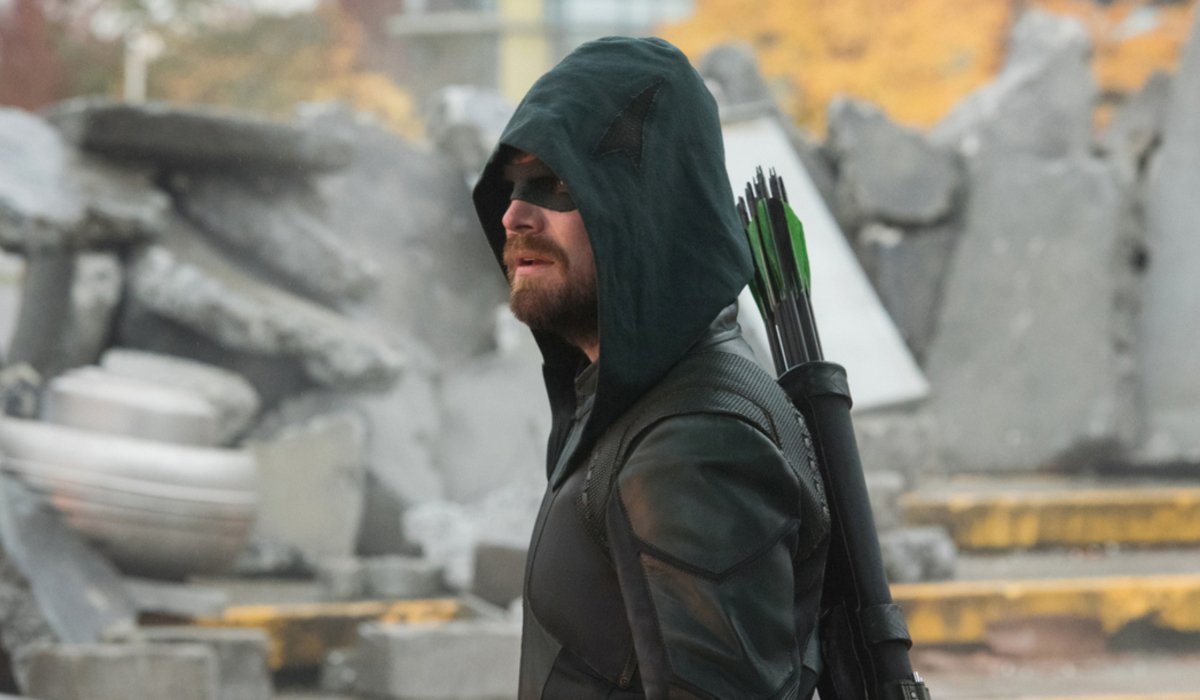
Why Killing Oliver Off Early In "Crisis On Infinite Earths" Worked
The Arrow-verse made it pretty clear back in the "Elseworlds" crossover that Oliver had traded his life to spare Barry and Kara, and the Arrow Season 7 finale doubled down on Oliver needing to die in the coming Crisis. So, Oliver biting the dust in the first leg of the "Crisis on Infinite Earths" event both delivered on the promise and packed a punch to prove that the stakes were high and the Anti-Monitor wasn't messing around. Oliver died saving billions of lives and got to say goodbye -- albeit briefly -- before breathing his last.
As an Arrow loyalist, it was rough, but I appreciated it as a plot twist. But as an Arrow loyalist who despises the Lazarus Pits, I appreciated it significantly less as soon as it was revealed that Oliver would return to life after a dip in a magical pool of resurrection juice. Still, if "Crisis on Infinite Earths" was going to pursue a Spectre storyline with Oliver as the hero in the hood, Oliver had to wind up in the position to be recruited by Jim Corrigan in purgatory somehow.
The first "Crisis" climax pitted Spectre-Oliver against the Anti-Monitor in Part 4, and if that was the goal all along, then the Lazarus Pit dip made sense for the story. Spectre's powers were needed to stop the Anti-Monitor, and Oliver had to die to become Spectre.
Do I still loathe Lazarus Pits and hope that Earth Prime is 100% without them as a convenient fallback for any Arrow-verse heroes who perish? Yes, I do. But the dip in the Pit was a means to the end of Spectre-Oliver making the grand sacrifice. Could I ask for any bigger or more epic way for Oliver's last hurrah to go down than with him saving the multiverse? Narratively, the broad strokes of Oliver dying, being resurrected, and then dying again after saving the day worked. Whether it worked emotionally is a different story, in my book.
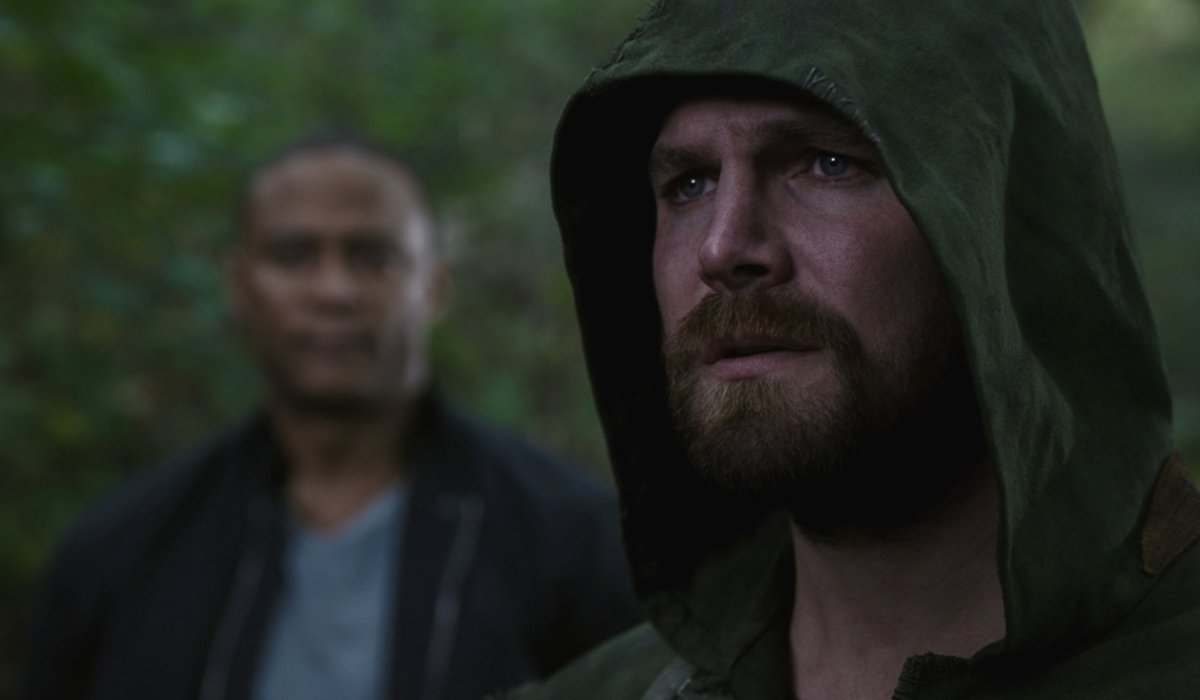
How Killing Oliver Off Early Hurt "Crisis On Infinite Earths"
Oliver's early death and subsequent resurrection arguably hurt "Crisis on Infinite Earths" the same way Lazarus Pits hurt Arrow every time they popped up, but on a far grander scale since this was the crossover event that was building ever since The Flash launched back in 2014. Killing Oliver off raised the stakes in some effective, if somewhat upsetting and not quite ideal, ways. Bringing him back ASAP lowered the stakes for pretty much any other death as long as a body was left behind for potential dunking in the Lazarus Pit.
Spectre-Oliver was born out of the early death, but it was hard to worry about hero deaths as much after Oliver was resurrected. Even leaving him dead a little longer could have helped and made his second death all the more tragic.
Still, those are old grievances with the Lazarus Pit plot device that I'm simply re-airing. Where Oliver's early death really hurt "Crisis on Infinite Earths," in my opinion, was in his second death. I wanted to be heartbroken, devastated, and on the verge of tears as he lay on the ground, dying with Barry and Sara at his side. I wanted to feel the shock and loss of the Arrow-verse's founding hero dying before my eyes. I wanted to feel it.
But I didn't feel it, because I'd already watched Oliver say goodbye with Barry and Sara at his side, just a few episodes previous. Even knowing that this was going to be the real goodbye (in "Crisis," at least, since Stephen Amell still has one more episode of Arrow before the end) and knowing that this would probably be the last time two of his oldest superhero pals would ever see him, I couldn't feel it. The death felt hollow to me, and that's not how it should have been for the founder of the Arrow-verse.
Admittedly, the last ten or so minutes of the Legends of Tomorrow episode of "Crisis" that followed Oliver's death on Arrow did pay tribute to Oliver in a way that I honestly didn't expect from the Arrow-verse. He got a chair at the superhero table even though he was gone, his suit hangs in the Hall of Justice (such as it is), the President literally broadcast a speech honoring him, and Baby Sara is back! It was almost enough for me to forget that the good guys had been toasting their victory with champagne in the Arrow bunker half an hour before.
Is Crisis On Infinite Earths The Best Or Worst Thing To Happen To The Arrow-verse?
Still, if "Crisis" could have found a way to deliver Spectre-Oliver without killing him off and immediately resurrecting him in the first couple episodes, I would argue that the plot could have worked narratively and emotionally. Of course, the entire Arrow-verse will be different moving forward, thanks to the heroes all working together now on Earth Prime rather than Supergirl and Black Lightning taking place elsewhere, so only time will tell what The CW's superheroes look like once Arrow is done.

Laura turned a lifelong love of television into a valid reason to write and think about TV on a daily basis. She's not a doctor, lawyer, or detective, but watches a lot of them in primetime. CinemaBlend's resident expert and interviewer for One Chicago, the galaxy far, far away, and a variety of other primetime television. Will not time travel and can cite multiple TV shows to explain why. She does, however, want to believe that she can sneak references to The X-Files into daily conversation (and author bios).
